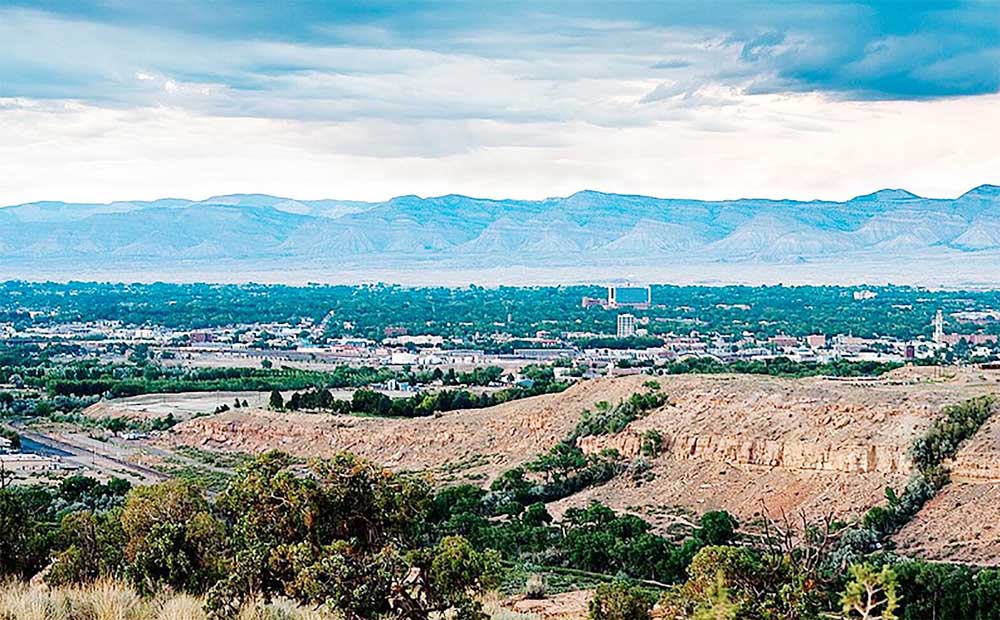Our View: Score one for the bureaucracy
Published 12:15 am Saturday, October 9, 2021

- The Bureau of Land Management is moving its headquarters back to Washington, D.C., from Grand Junction, Colorado.
In September, U.S. Department of the Interior Secretary Deb Haaland announced that the Bureau of Land Management is moving back to Washington, D.C., from Grand Junction, Colorado.
Trending
Score one for the bureaucracy against the people it allegedly serves.
Ninety-nine percent of the 250 million acres managed by the BLM is west of the Mississippi River. Its decisions impact the livelihoods of people who populate rural communities, but those decisions are made far from the forests, grasslands and high deserts they call home.
To those people, a headquarters staff ensconced 1,900 miles away in the nation’s capital seemed remote. Its decisions often did little to dispel that feeling.
Trending
Members of Congress from the West, both Republicans and Democrats, have long advocated moving BLM headquarters out of Washington and into the same neighborhood of those huge swaths of public lands the agency manages. Other interests in the West agreed.
The logic was simple: If BLM managers actually lived in the West and had a relationship with the land they managed, their decisions might be informed by firsthand experience.
The bureaucrats and the lobbying interests never warmed up to the idea. Critics maintain the BLM and other agencies need to be headquartered in the capital to be included in budget and policy discussions. But having all those discussions in Washington is part of the problem. That’s better for K Street lobbyists and the special interests, but not so good for the people those policies impact.
In 2018, a bipartisan group of senators and members of Congress from the West formally proposed moving BLM’s headquarters. During the Trump administration they got an ally in then Interior Secretary Ryan Zinke, a Montanan.
The Trump administration decided to move the headquarters under its own authority. The headquarters relocated to Grand Junction in August 2019.
Most of the career BLM employees decided not to make the move, opting instead for retirement or to transfer to other government agencies or departments. In total, the agency lost 287 of the 328 employees scheduled to make the move.
We appreciate the difficult position such a move placed on BLM employees. Moving families is always difficult. In Washington, many households have more than one spouse employed in government.
But government is established to serve the people, not the interests of government employees. Military families know well that service often requires the disruption of personal lives.
We think decision-makers can best serve when they are among the governed, where they can see firsthand the problems and the impacts of policy. Too often those in the Washington bubble look inward rather than outward.
The Biden administration opposed the move, and its review unsurprisingly recommended returning the top brass to Washington.
Interior will keep the Grand Junction facility open as its permanent western headquarters, a bone to the Colorado congressional delegation. But the agency’s decisions will be firmly rooted in Washington.









